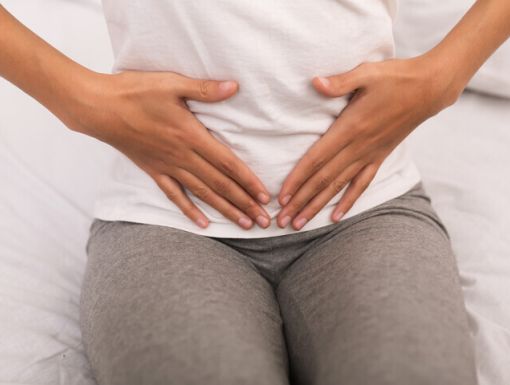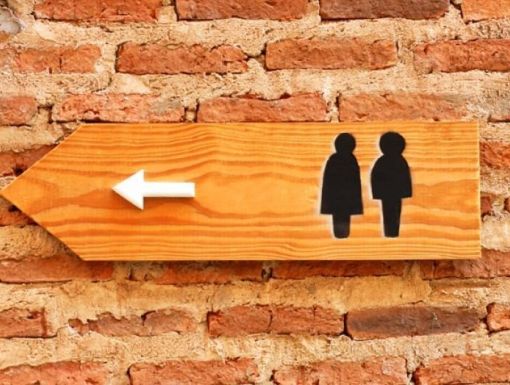
Loss of Bladder Control in Women
Bladder control is a common problem, especially if you've recently had a baby or you're an older woman. Maybe your mother, grandmother or aunt dealt with urinary incontinence. Loss of bladder control is common in women, but it isn't normal, and there are options for treatment.
Types of urinary incontinence
Urinary incontinence, or loss of bladder control, is the inability to control the release of urine. There are various types of urinary incontinence, and this condition may be temporary or may persist for a long time. It is possible to experience more than one type of urinary incontinence.
- Urge incontinence is the sudden and intense urge to pee quickly, followed by the release of urine. You may need to often pee throughout the day and night and may be prone to embarrassing accidents. This type may be caused by an infection, brain disorder or diabetes.
- Overflow incontinence occurs if you experience frequent drips of pee because your bladder isn't totally empty after going to the bathroom.
- Stress incontinence happens when urine leaks when you laugh, cough, sneeze, exercise, jump or lift heavy objects. This is caused by putting pressure on your bladder.
- Functional incontinence is due to a physical issue or mental impairment that keeps you from reaching the toilet in time.
Symptoms
Common symptoms of urinary incontinence include:
- Leaking urine while having sex, exercising, laughing, coughing, bending or lifting heavy objects like boxes or dumbbells
- The inability to hold your pee after feeling a sudden urge
- Suddenly peeing without any urge or warning
- Peeing on yourself while asleep
Causes
Various factors can cause urinary incontinence, including daily habits, medical conditions and physical problems. Temporary incontinence is usually caused by certain medications, foods or drinks that act as diuretics, substances that cause increased urine production. Foods and drinks include:
- Chocolate
- Carbonated beverages (soda, sparkling water, seltzer, tonic water, etc.)
- Alcohol
- Caffeine
- Acidic or citrus fruits like oranges, pineapples, grapefruits, lemons, limes and fruit juice
- Tomato-based foods
- Spicy foods
Remove these foods from your diet for a week or two and then slowly reintroduce them back into your diet to see which foods, if any, influence your bladder.
Of course, food isn't the only cause of urinary incontinence. Common physical issues that may cause the condition include:
- Pelvic floor dysfunction occurs when you can't relax the muscles in your pelvic floor to pee or have a bowel movement. The pelvic floor supports several organs, including the bladder, uterus, vagina and rectum. Some pelvic floor dysfunction symptoms include pain when the vagina is penetrated and pain in your lower back, pelvic region, genitals and rectum. You may also experience painful urination, leaking poop or leaking urine.
- Pelvic organ prolapse, which is when pelvic organs (bladder, rectum or uterus) shift out of their normal place into the vagina. When this happens, the bladder and urethra can't function normally.
- After giving birth, your pelvic floor may not be a strong as it was before, so if you cough or sneeze, you may pee on yourself a little. Start doing pelvic floor exercises to build up your muscles again.
- Overactive bladder muscles
- Weak pelvic floor muscles
- Damage to the nerves that control the bladder due to diseases such as diabetes, Parkinson's disease and multiple sclerosis
Treatment
Pelvic muscle exercises and lifestyle changes (weight loss, quitting smoking, not drinking alcohol and drinking less caffeine) may help with your bladder control issues. The most important step is letting your doctor know about the problems that you're having. Many women think that bladder control issues are a normal part of life. You don't have to live with incontinence.
When you visit your doctor, you'll be given a physical exam and your doctor will talk to you to better understand your symptoms and medical history. Medical tests may include urine tests, blood tests and a bladder test.
Learn more about urologist Dr. Elena Campbell. Learn more about Urology services at Ochsner Health.



